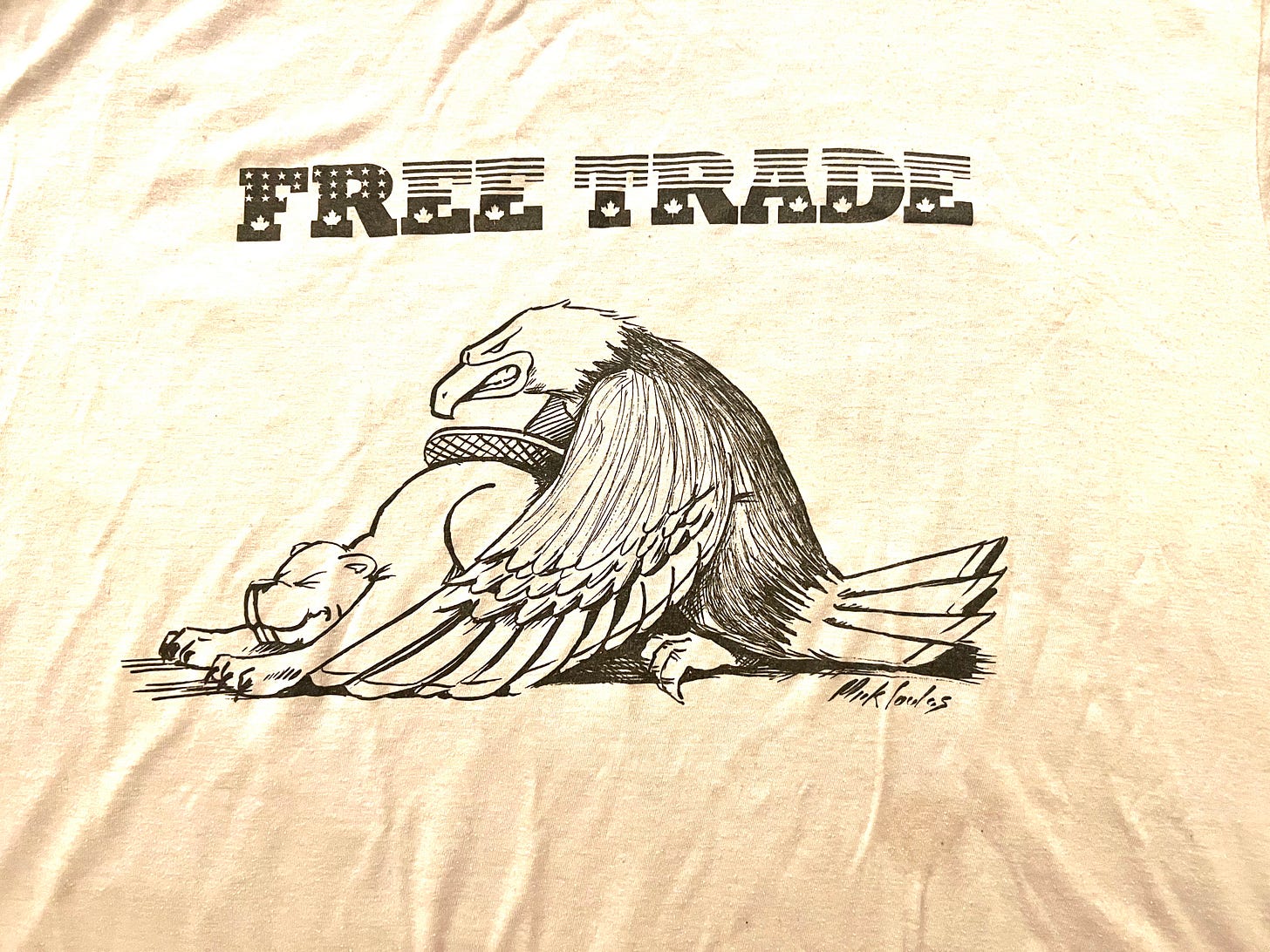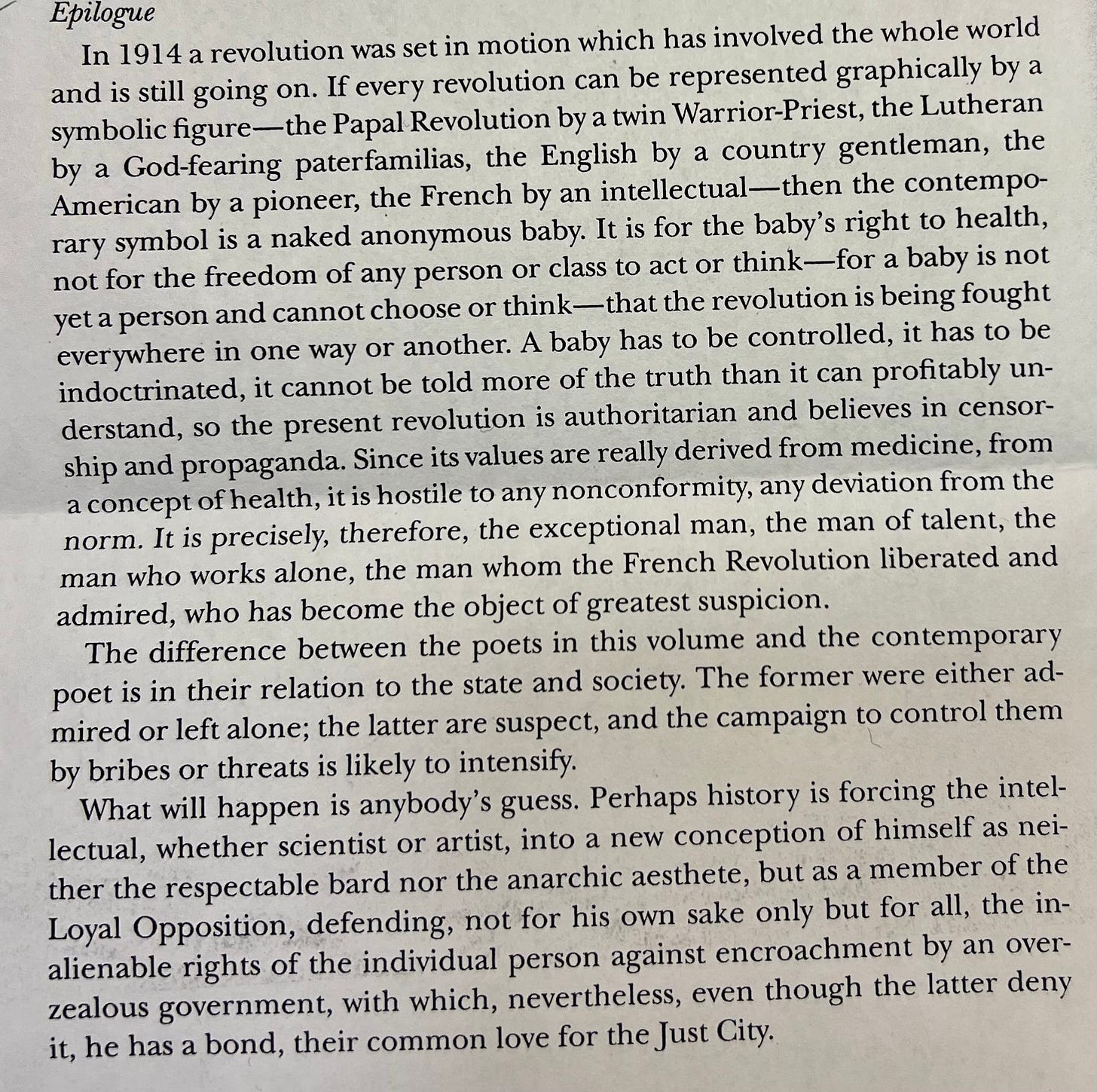CAN CANCON OR CAN’T IT, EH?
Reflecting on Bill C-11 and “Canadian Content.” What is it I’m not understanding?
There’s a shouting match going on in the Canada over Bill C-11. Being Canada rather than the country to the south of it, it’s not yet a shooting match; more like a very loud grumble. In Canada, grumbling is an art form. Why not? says one of the grumblers: everything else is.
Bill C-11 is a Canadian Government bill currently awaiting final approval – after, we have been told, many, many rethinks and revisions and amendments designed to make it perfect. Or at least comprehensible. In this latter aim it appears to have failed. Nobody among the general public – of which, in this respect, I am one – seems to know exactly what it is supposed to do.
What are its goals? Are they these?
1. To make non-Canadian-based streaming companies and their ilk pay a fair share of taxes on stuff that is sold and paid for in Canada, rather than paying no taxes at all. So far, so good: that seems only reasonable. Steaming services and other such outfits online have been collecting boodle from Canada rent-free for many years because these kinds of platforms and distribution methods were new and the tax magicians hadn’t figured them out. Correct me if I’m wrong on this one.
Let us pause to consider that there have been some pretty strange items taxed over the centuries. There were once taxes on beards (enter shaving cream), taxes on windows (you’ve seen those bricked-up window spaces on old buildings), and bachelors (did the population of the Foreign Legion shoot up, or did the market in rice and old shoes peak? There’s a research paper to be done on that). We won’t mention alcohol and cigarettes: that wouldn’t be polite, since Canadians profit bigly from the taxes on those substances, so lethal if overused.
So yes, why shouldn’t the nimble hand of government dip into the huge pile of pelf that accumulates from the likes of Yours Truly watching British people murdering each other in fictional dramas and American people murdering each other in real ones, and redistribute some of that pelf back to us? To enhance our well-being, of course. Whatever that might be.
2. But it seems that the plunder collected by the tax wizards will be stuffed into artistic and communications enterprises (of the filmic and steaming and video-making kinds, I’m given to understand) that check all the boxes for “Canadian Content.” And those boxes are by no means self-evident, or am I wrong? And the determinations on whether sufficient boxes have been checked will be done by a shadowy group of bureaucrats located in a hidden cellar, or am I wrong about that too? This group is known as “The CRTC.” I feel that acronyms have an ominous ring to them: they sound like evil syndicates in James Bond movies.
The concepts propelling 2. are obscure. Is the aim to control creators (as some are grumbling, or shouting) by issuing rules about what is or is not “Canadian Content” -- which would amount to a kind of pre-production censorship, or at least a lack of boodle flowing to those entities? Hair-tearing and ructions would certainly ensue.
For instance: is Rohinton Mistry’s novel A Fine Balance (award-winning, it is mandatory to add) “Canadian Content” or not? Written in Canada by a Canadian citizen, but entirely about India. What about No Pain Like This Body, by Harold “Sonny” Ladoo, published by the House of Anansi in the seventies? It’s thoroughly about Trinidad. The streamed serial of The Handmaid’s Tale, by Yours Truly – in which Canada makes an appearance as a place of asylum –did not qualify for funding under the old CRTC rules, however. Book by a Canadian, filmed in Canada, but… the scriptwriters were elsewhere. As was the primary streaming platform. Or so I’m told.
Another for instance: Canadian Sarah Polley’s film Women Talking is based on a novel by Canadian writer Miriam Toews. But the story doesn’t take place in Canada. It takes place in Bolivia. Who is from where, saying what about what, where – that can get complex.
In the early 60s, there were very few publishers who would take a chance on Canadian work. There were no film producers. Music that was recorded happened mostly in the States. There were no literary festivals (and hardly any literary agents). Writers of my generation were involved in new, small publishing ventures not because we wanted to be publishers but because we wanted a place where we could actually get published. Few platforms in Canada, and access elsewhere limited unless you moved there – that was our situation.
Then things changed, and there was an upsurge in interest in Canadian creators, and the government got involved in “culture.” In small countries lacking sufficient markets and/or rich patrons, governments usually do get involved in culture one way or another, or there won’t be much locally produced “culture.” Naturally, as soon as bureaucrats started having opinions about what “Canadian” was, the creators made fun of them. Was “Canadian Content” two Mounties doing kinky things to a beaver, or two beavers doing kinky things to a Mountie? So ungrateful, those creators!
Then, in 1991-1992, when the Free Trade debate was going on – and what a ruckus that was! – there were many images that projected Canadian fears. Here is a rude one:
Partly because of strenuous objections by creators who suspected that their ability to get heard or published or seen at all would simply be obliterated by “market forces,” namely the huge U.S. market, an exception was made in the trade deal for “cultural industries.” Creators are not industries, but the platforms that enable them to get their work into the hands of potential audiences usually are. Publishers, film companies, theatres, television producers, music producers – that sort of thing.
Maybe the language used in the Bill is imprecise. “Content” is what goes inside the cheeseburger. “Creator” is who makes the cheeseburger. “Platform” is how the contents of the cheeseburger wend their way from the creator to consumer of the cheeseburger. Did the framers of Bill C-11 mean Creator or Platform, rather than Content?
And whose interests are to be served? Is all this in aid of “We need to hear our own stories?” That would be Content. But this doesn’t seem to be exactly what is meant.
I think – I think – that the idea is to enlarge the space available to the creative folk in Canada by helping them profit fairly from their endeavours, insofar as that is possible, and to encourage the availability of platforms via which they may serve up their cheeseburgers. Is that it?
If so, the Bill C-11 writers might think of changing the wording. Substitute “creators” and possibly “platform” for “content.” For instance: in music terms – requiring a percentage of CanCon from radio broadcasters jump-started the careers of a whole generation of Canadian musicians. But they didn’t necessarily sing about Mounties and beavers. They sang about all sorts of things. CanCon in that context didn’t mean subject matter. It meant who was doing the singing. Listeners were allowed to hear the music, and then could make up their own minds about whether they liked it or not.
(Of course, those that don’t want to pay any taxes are doing their best to avoid paying them. That’s understandable, though not admirable. But let’s not confuse 1. with 2. My concerns are entirely with 2.)
Postscript: This was sent to me by a poet friend. It is by W.H. Auden, from his introduction to Poets of the English Language, Volume V. Viking, 1950. That was almost 75 years ago, but the concerns remain with us. Is literature supposed to be Good For Us, and if so, who gets to say what’s good? The arts have always been a problem for social planners. They are so untidy.






